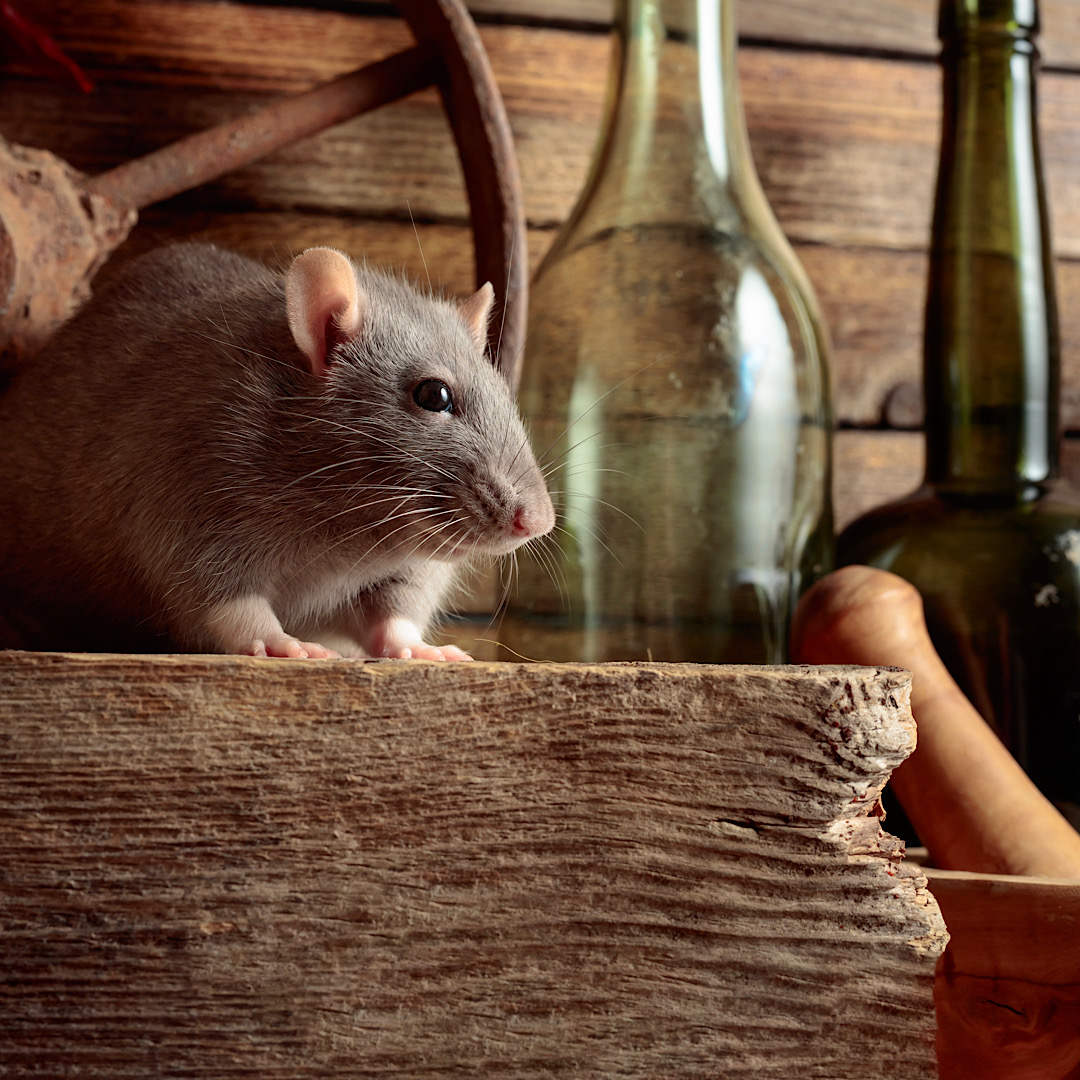

Denver, known for its picturesque landscapes and vibrant outdoor lifestyle, also faces challenges from local wildlife and pests that can threaten homes and peace of mind. Protecting your property requires a multifaceted approach, blending preventive measures with effective management strategies. This article delves into the intricacies of common Denver pests, including rodents, insects, and wildlife, providing homeowners with comprehensive strategies to safeguard their homes.
Rodents (Mice and Rats): Denver’s climate can drive rodents to seek shelter in homes, especially during cooler months. These pests can cause significant damage by chewing through wires, insulation, and wooden structures. Furthermore, they pose health risks by contaminating food sources and spreading diseases like Hantavirus and Salmonella.
Insects (Ants, Spiders, and Bed Bugs): The diverse insect population in Denver includes ants seeking food and moisture, spiders preying on other insects, and bed bugs hitchhiking on luggage or clothing. While most spiders are harmless, the presence of certain species like the black widow can be concerning. Bed bugs, on the other hand, can lead to discomfort and significant eradication challenges.
Wildlife (Raccoons, Squirrels, and Birds): Urban sprawl into natural habitats has led to increased encounters with wildlife such as raccoons, squirrels, and birds. These animals can damage roofs, eaves, and gardens, and potentially spread diseases like rabies.
Preventive Measures:
Seal Entry Points: Conduct regular inspections of your home’s exterior to identify and seal cracks, holes, and gaps where pests could enter. Pay special attention to areas where utilities enter the home.
Proper Waste Management: Secure trash cans with tight-fitting lids and regularly dispose of garbage to avoid attracting rodents and wildlife.
Landscaping Maintenance: Trim trees and shrubs away from your home to prevent easy access for pests. Remove debris and leaf litter where insects and rodents can hide.
Cultural Practices:
Moisture Control: Fix leaky faucets and ensure proper drainage around your home to deter ants and other moisture-seeking pests.
Food Storage: Store food in airtight containers and regularly clean crumbs and spills to avoid attracting ants and rodents.
Clutter Reduction: Declutter your home, especially in storage areas like basements and attics, to eliminate hiding spots for pests.
Chemical and Biological Control:
Pesticide Use: Consider the judicious use of pesticides in areas where pests are prevalent. Always follow label instructions or consult with professionals for safe application.
Natural Predators: Encourage or introduce natural predators of certain pests, such as birds for insect control, as part of an integrated pest management strategy.
For persistent or severe infestations, seeking professional pest control services is advisable. Professionals possess the knowledge, tools, and techniques to effectively address pest problems, ensuring the safety and well-being of your family and pets.
Protecting your Denver home from pests requires a proactive and comprehensive approach. By understanding the types of pests common to the area and implementing a blend of preventive, cultural, chemical, and professional strategies, homeowners can significantly reduce the risk of infestation. Remember, the key to effective pest management lies in early detection and immediate action to prevent minor issues from becoming major infestations.
Mice can contaminate food-preperation areas with their feces and can cause severe damage to structures.
Here are the signs you should be looking for to identify new pest problems this season.
We offer all the pest control services you need, including prevention, removal, and extermination.
It’s hard to understand the value we offer until you’ve tried us. Our discount makes it easier for new customers to get the best value in pest control.